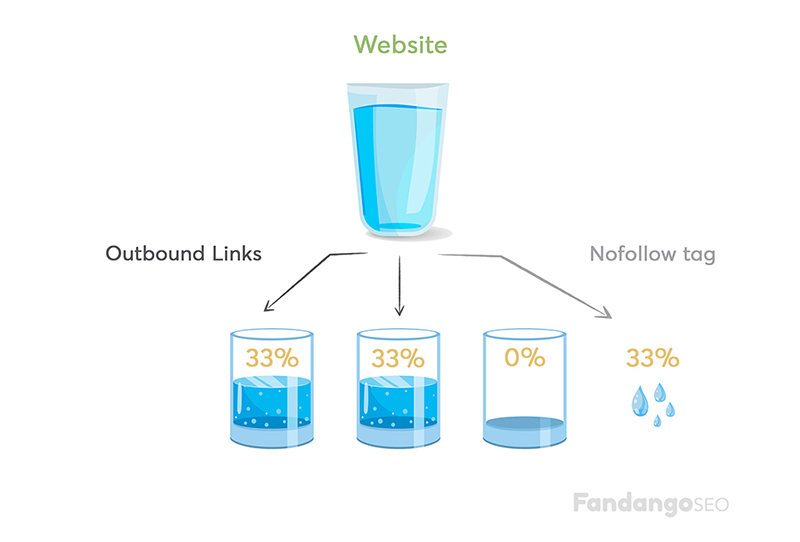What is Google PageRank
Google PageRank is a ranking system that measures a page’s value by the number of other sites that link to it and the quality of those sites. This way, it determines its relative importance in the net.

It is an idea that originated in 1997. It was created by Larry Page and Sergey Brin, the founders of Google, in research taking place at Stanford University. The goal of PageRank was to make search engines work better.
To that end, PageRank would use the so-called web citation graph, which its creators considered an essential resource that, to a large extent, had not been used in the then-existing search engines. Its effectiveness was such that PageRank created the basis of Google as we know it today.
Why is PageRank still important?
The reason PageRank remains critical today is because it helps websites achieve higher rankings. Google’s algorithm takes into account the pages that link to a website when measuring its importance. However, we must clarify that the original PageRank patent has not been used since 2006, which is the year it expired. But this formula is now part of Google’s algorithm and is much more complex than the original one.
How to measure PageRank
In the beginning, PageRank’s operation was particularly simple. Each link from one page to another became a vote of confidence and authority. Thus, the important thing was to include as many links as possible to a page to make it rank better.
However, the original PageRank algorithm was gradually adjusted, considering that all links to a page do not have the same value. Google felt that the authority of each of these pages must also be taken into account.
PageRank is measured in the following way: page X has a certain link value or authority according to its links. And when web X links to page Y, this last one gets a part of page X’s link authority.
Web Y does not have the same value (or PageRank) as page X. In this example, X has several links pointing to it and giving it value, but web Y only gets PageRank through page X. Therefore, both cannot have the same value.
So page Y cannot, in any case, be as valuable as page X. Then, the PageRank that web Y gets from web X must always be lower than the total value of page X. This is called the PageRank Damping factor.
How to optimize your PageRank
Now that we know that not all links have the same value, we need to learn the factors that still influence PageRank today. Let’s see what they are:

Anchor text
In its early days, Google considered the anchor text to be merely essential for the pages you wanted to rank. For example, if you wanted to rank for the term “travel to Europe,” the important thing was to have as many links as possible to the site using the same words.
For some time, this used to work, but nowadays, the abusive use of the same anchor text can damage a site and get it penalized. These texts still have great importance, but as long as they are used in a natural and restrained way in the content context.
Chances of clicking on a link
As we saw earlier, initially, Google gave equal weight to all links pointing to a page. But the Reasonable Surfer patent (2004) indicated that it is unlikely that all inlinks are clicked on. That’s why each link had to be given a different value according to its potential to be clicked.
Nofollow Links
Until some time ago, nofollow links impeded the PageRank flow. But in 2019, Google confirmed a change of criteria: PageRank would be distributed through links even in cases where there was a nofollow attribute, although it would only go through the followed link. Today the use of the nofollow attribute is recommended as a hint for Google rather than a directive.

Internal links
A good internal link structure can help PageRank flow. This technique carries a lot of weight in SEO, especially if you have pages that are not linked from another site.
Google Penguin Google Page Experience
